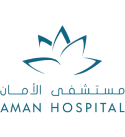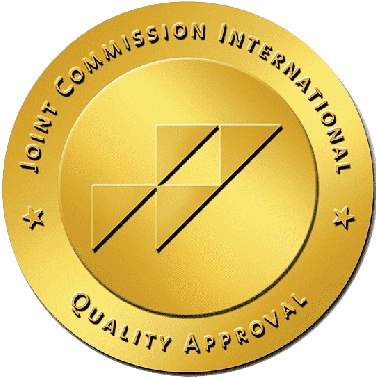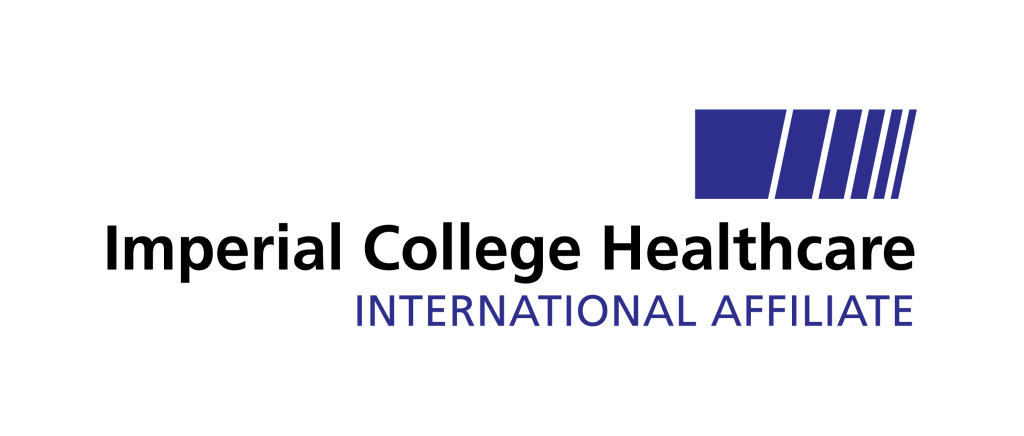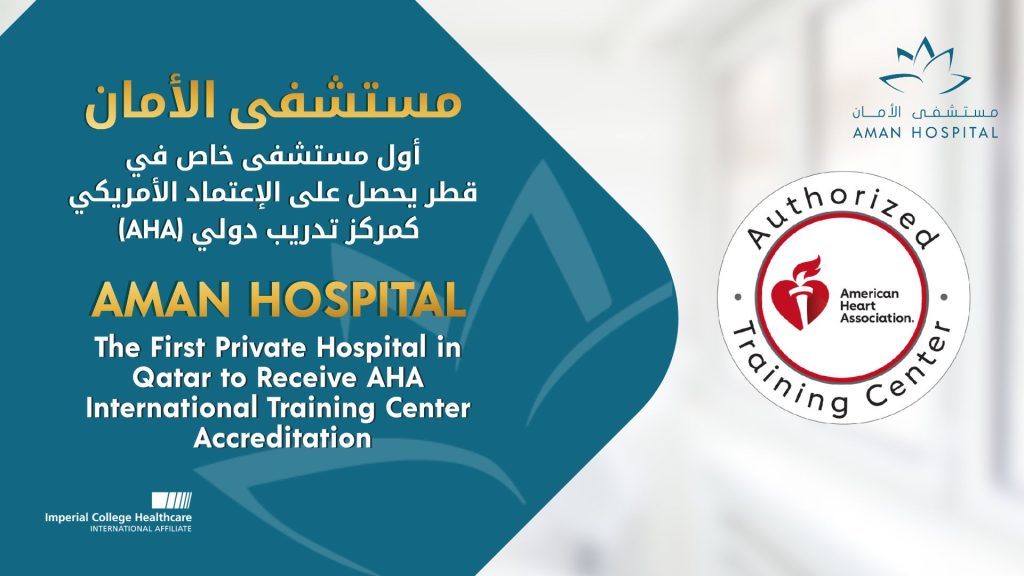Job Summary & Scope:
The Patient Safety/Risk Manager facilitates and conducts the activities associated with the patient safety and clinical risk management program. These key functions include but are not limited to health care risk management and patient safety foundational elements such as safety post review and investigation, investigation in depth, and investigation of case that may require root cause or apparent cause analyses as well as facilitation of root cause and apparent cause analyses and FMEAs. Facilitates projects identified through safety posts, common causes, industry trends or other means and acts as an active participant in committee meetings and develops strong relationships with key leaders (nursing, physician and operational) throughout the health system.
Essential Job Functions & Key responsibilities:
- Monitors Qatar MOPH and Joint Commission International compliance on an ongoing basis, maintaining a constant state of readiness for survey. Ensures that Hospital is in compliance with all regulatory standards, as needed.
- Receives, manages and investigates all assigned safety posts reported across the organization. Assesses for accuracy, severity, and trends. Works with local leaders of assigned areas as needed. Escalates cases of concern to departmental leadership in timely manner.
- Develops strong, collegial relationships with stakeholders in assigned areas. Provides data and educational information at routine intervals. Rounds weekly on assigned areas to field questions from front line staff and validate transmission of shared learnings and previous information downloads.
- Responsible for coordinating and conducting activities associated with all levels of investigation. Independently performs RCAs and develops an understanding of proactive risk assessment tools such as the FMEA and all other forms of investigation.
- Identifies deviations in clinical standards of care and patient rights violations which may have patient safety implications and/or risk exposure to the hospital. Identifies and escalates significant events through appropriate channels across the health system.
- All investigations and reviews regardless of trigger will be entered in the event tacking log so that department productivity and metrics can be analyzed and trended.
- Conducts Sentinel event investigations in accordance with departmental SOP’s.
- Contributes and participates in patient safety initiatives for assigned areas and within the division which may minimize patient harm and/or improve patient outcomes. Assists and contributes to patient safety program development along with peer group, divisional colleagues and Chief Quality Officer. Collaborates with others as needed to ensure compliance with project deadlines and/or regulatory requirements.
- Works to maintain or exceed current job expectations and works to meet established department metrics. Is able to provide explanations for variances and identify actions to correct issues, as applicable.
Knowledge & Qualifications:
- Skills
- Highly energetic individuals able to develop teaching materials and training programs.
- Demonstrate ability to apply critical thinking and investigative skills in stressful environments.
- Must have excellent verbal and written communication skills.
- Must be organized, detailed oriented and self-motivated.
- Must have computer skills that include Microsoft Office, Word, Excel, Outlook and Access. Ability to perform administrative tasks as needed or assigned.
- Must have ability to create and maintain organized, confidential and professionally documented with investigative files consistent with department processes.
- Must have high degree of flexibility and be able to adapt to fast paced, high pressure environment.
- Must be able to apply professional judgment as needed to prioritize work to achieve a consistent professional written work product and optimal productivity.
- Must be able to establish effective, respectful and collegial working relationships with all internal and external customers including but not limited to patients, physicians, employees, students, volunteers and vendors.
- Excellence in professional etiquette, behavioral standards, dress code, attendance policy and code of conduct will be demonstrated at all times.
- Knowledge of techniques for data collection and validation.
- Academic Qualifications
- Bachelor’s Degree in a clinically related field of study from an accredited college or university.
- Experience
- At least five years of work experience with risk management and/or patient safety experience in a healthcare organization.






